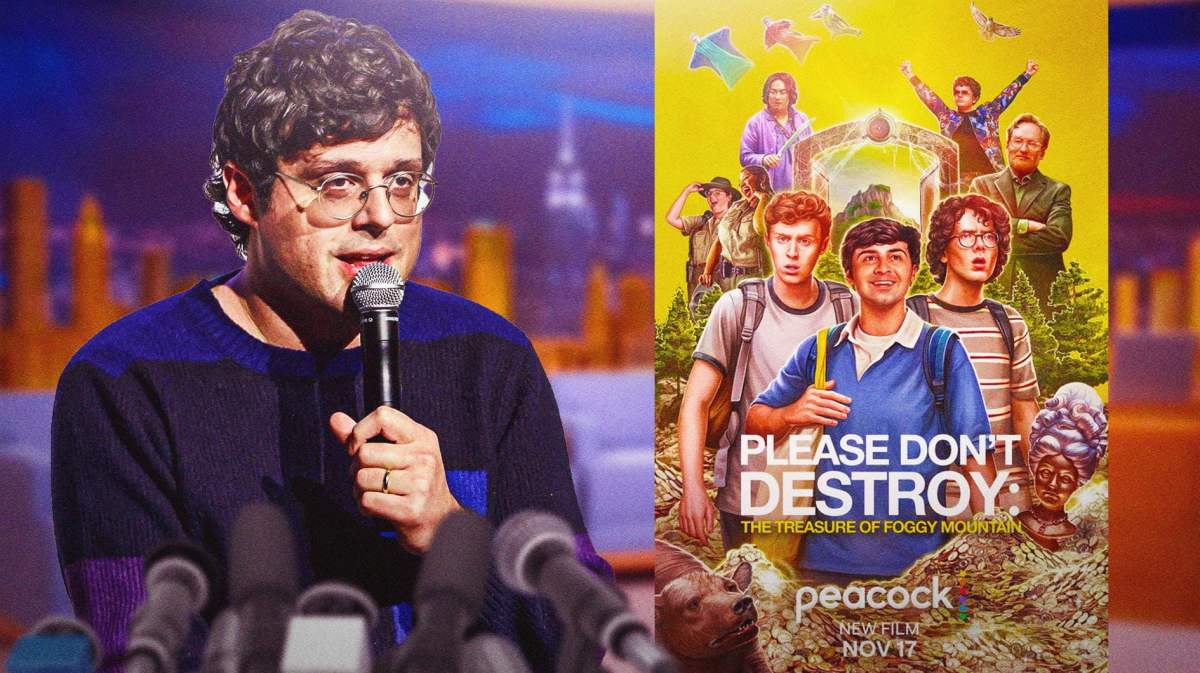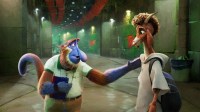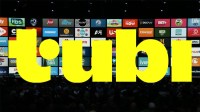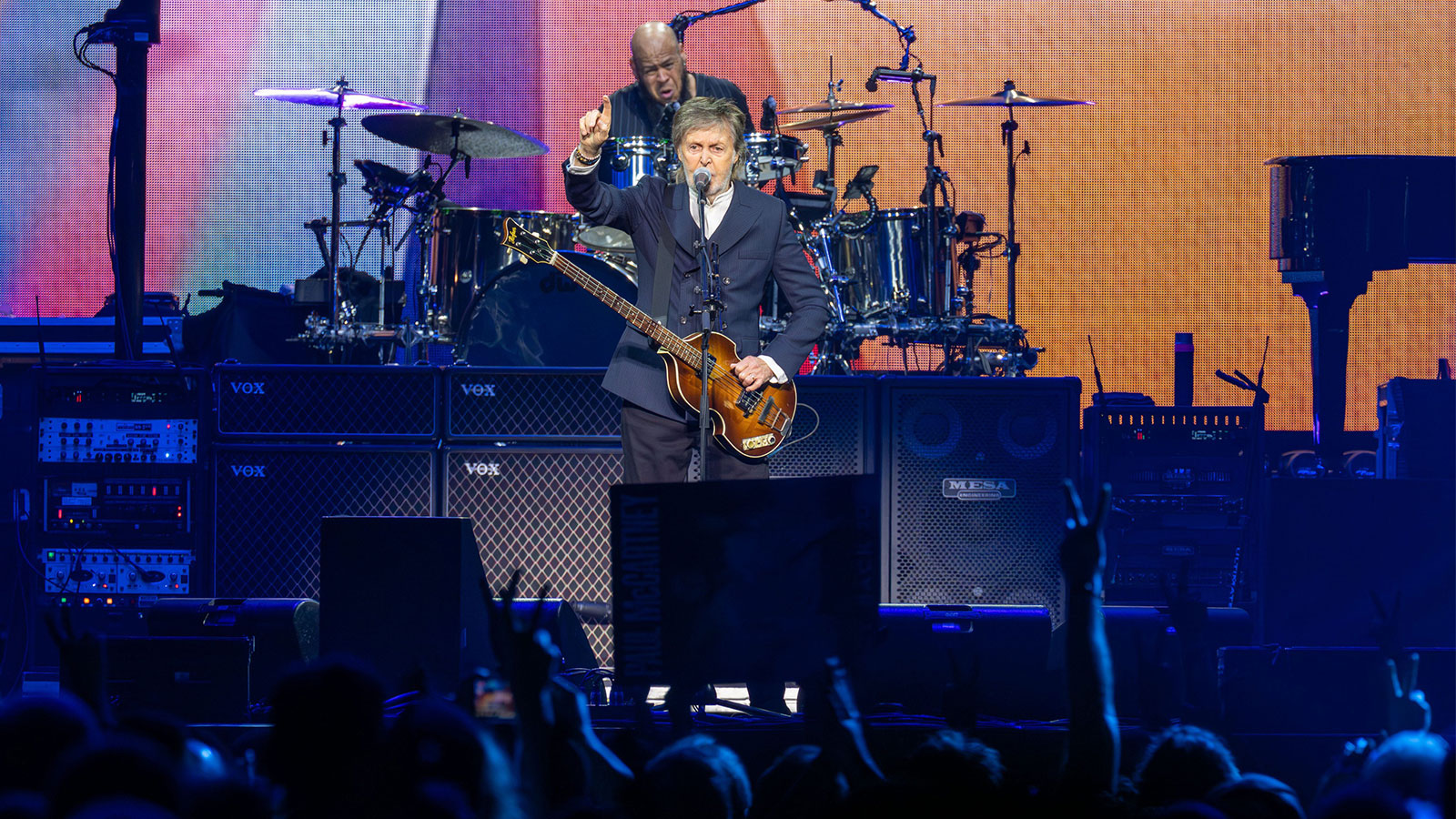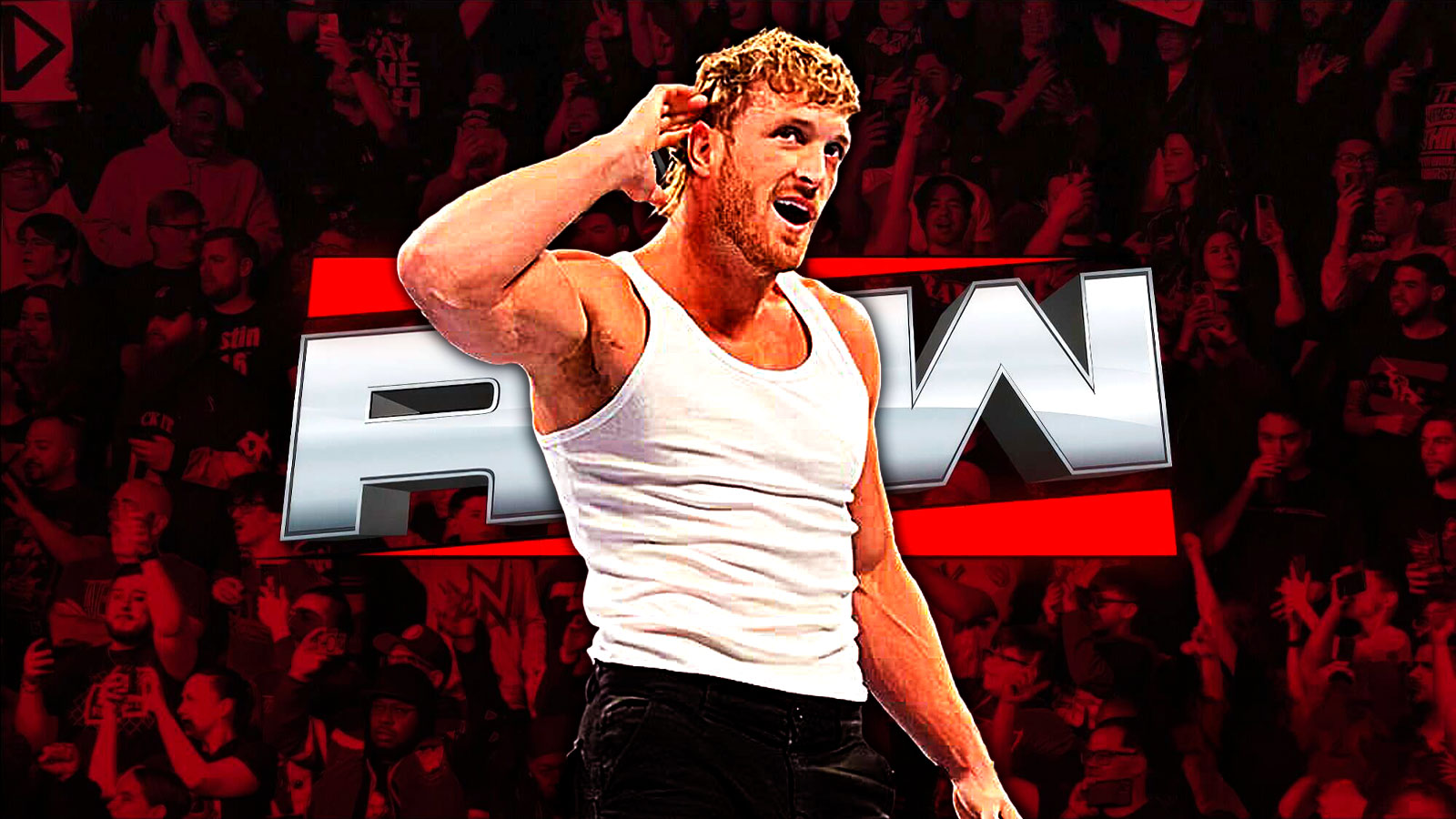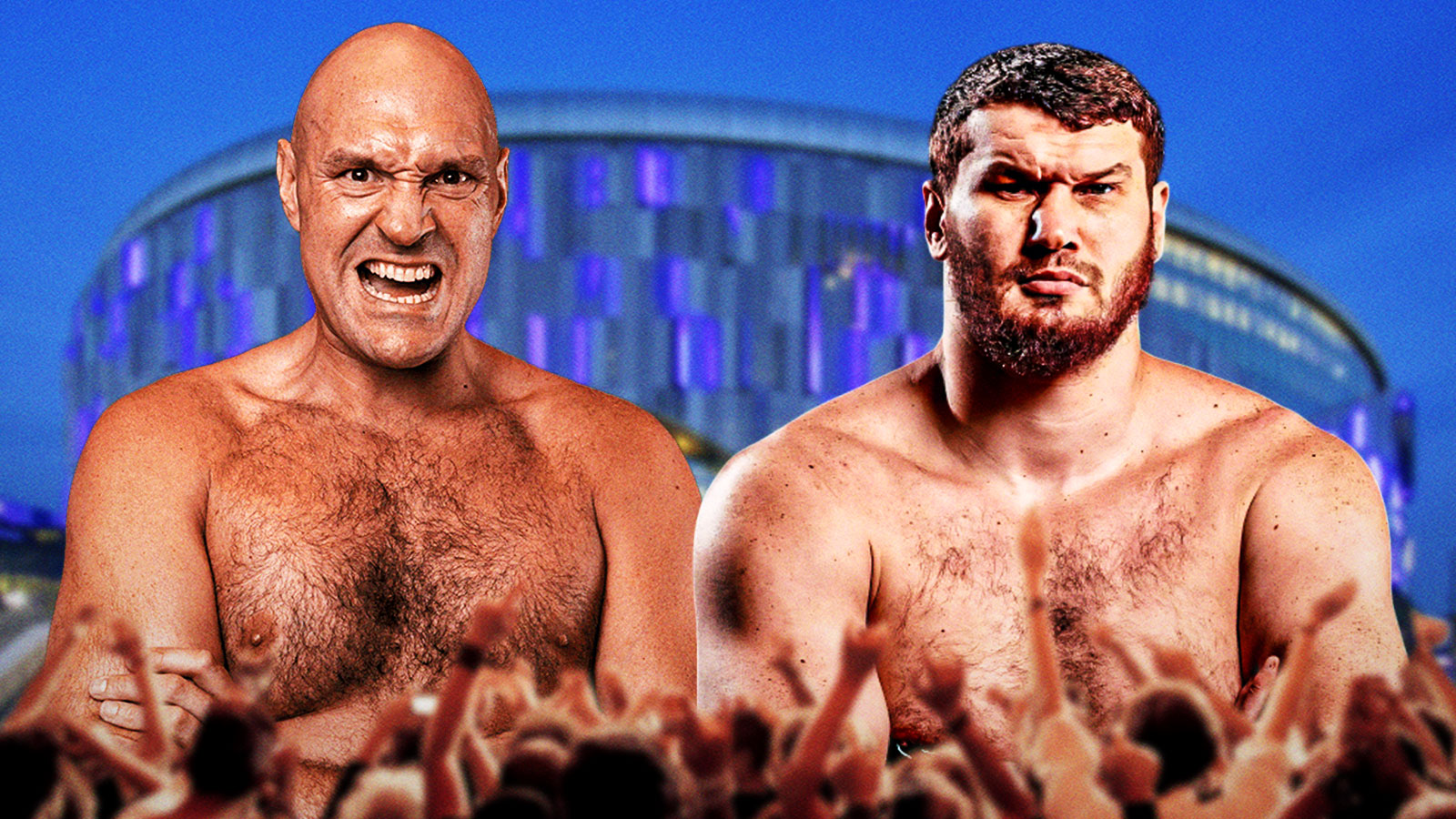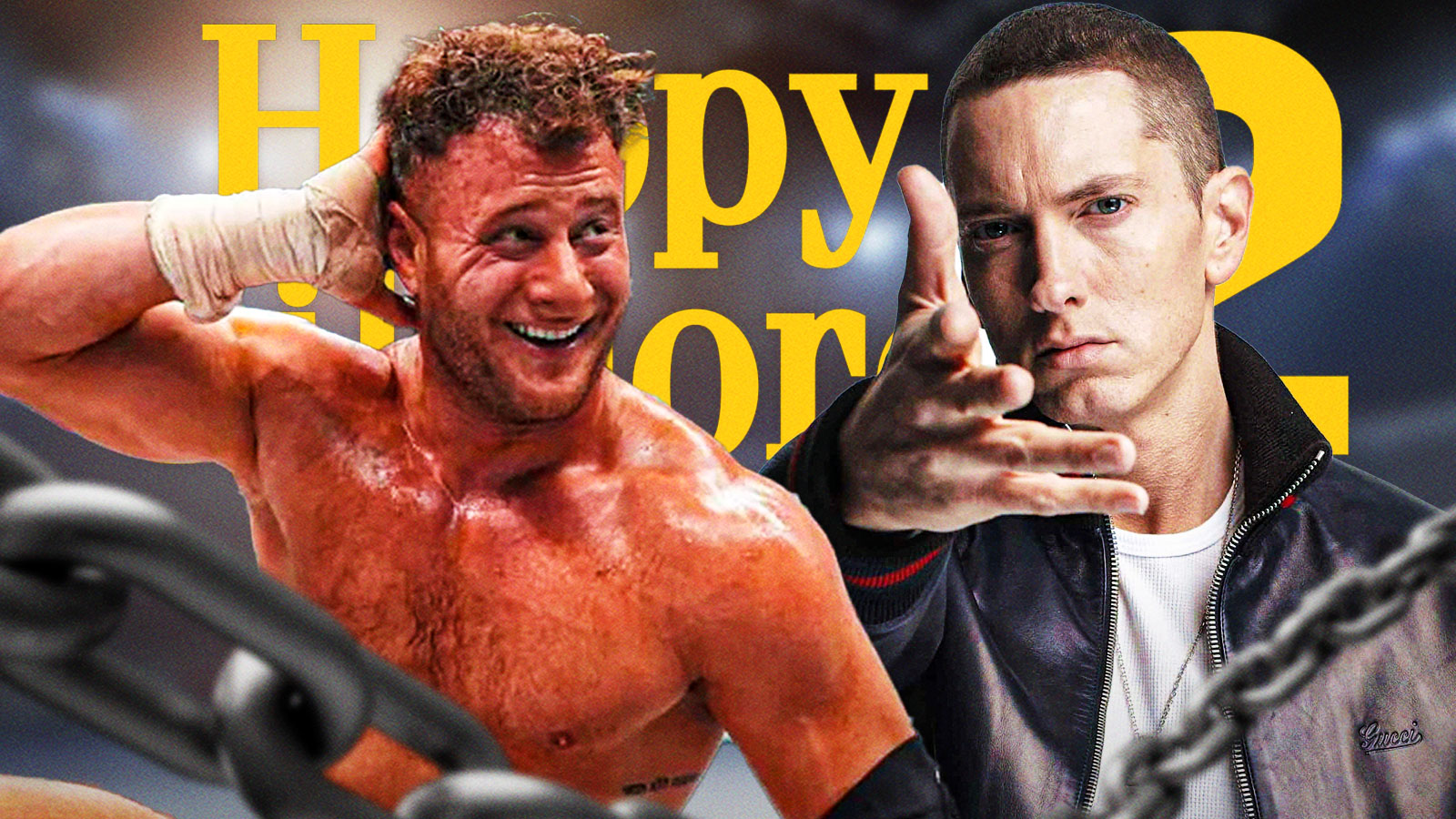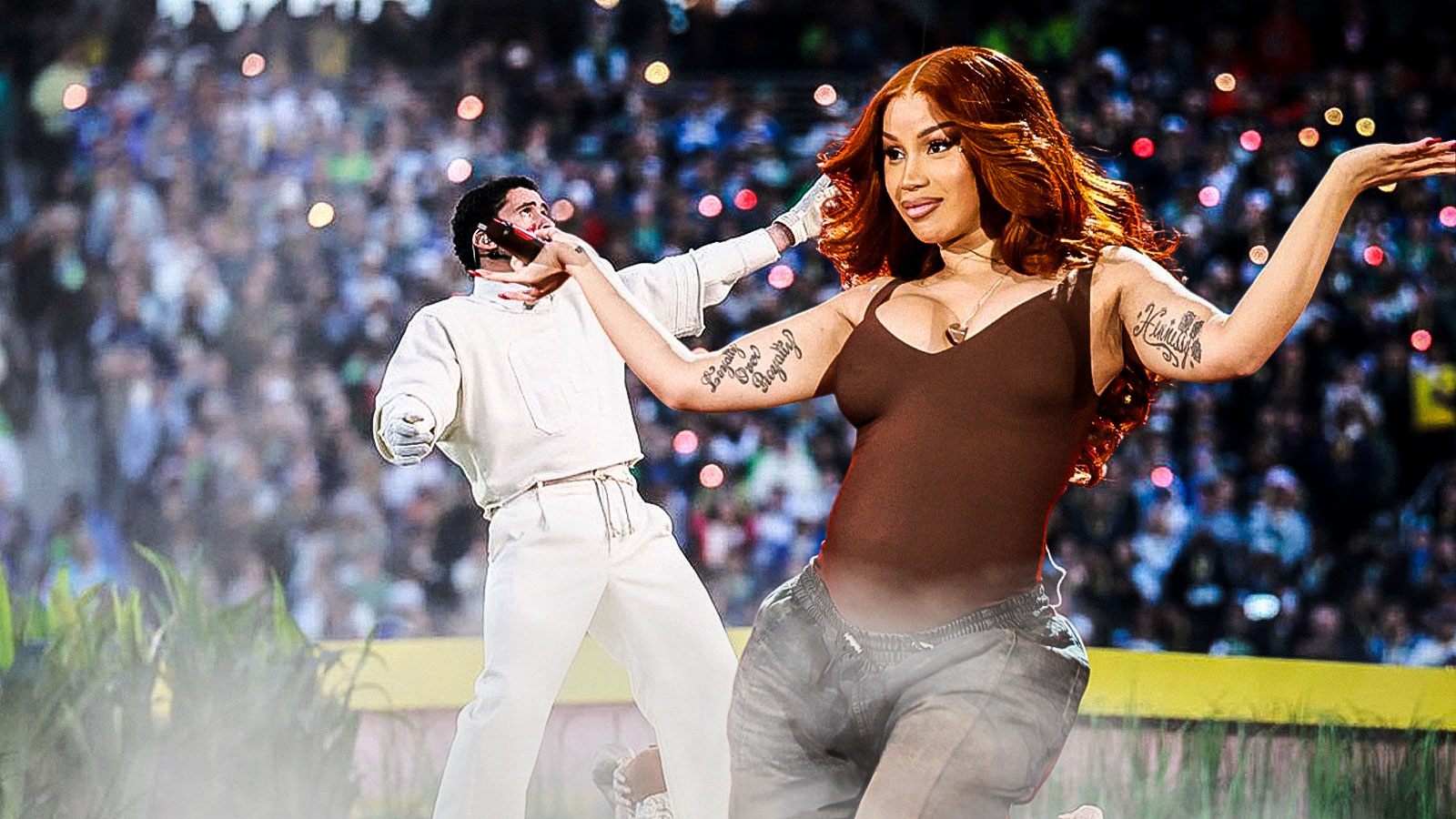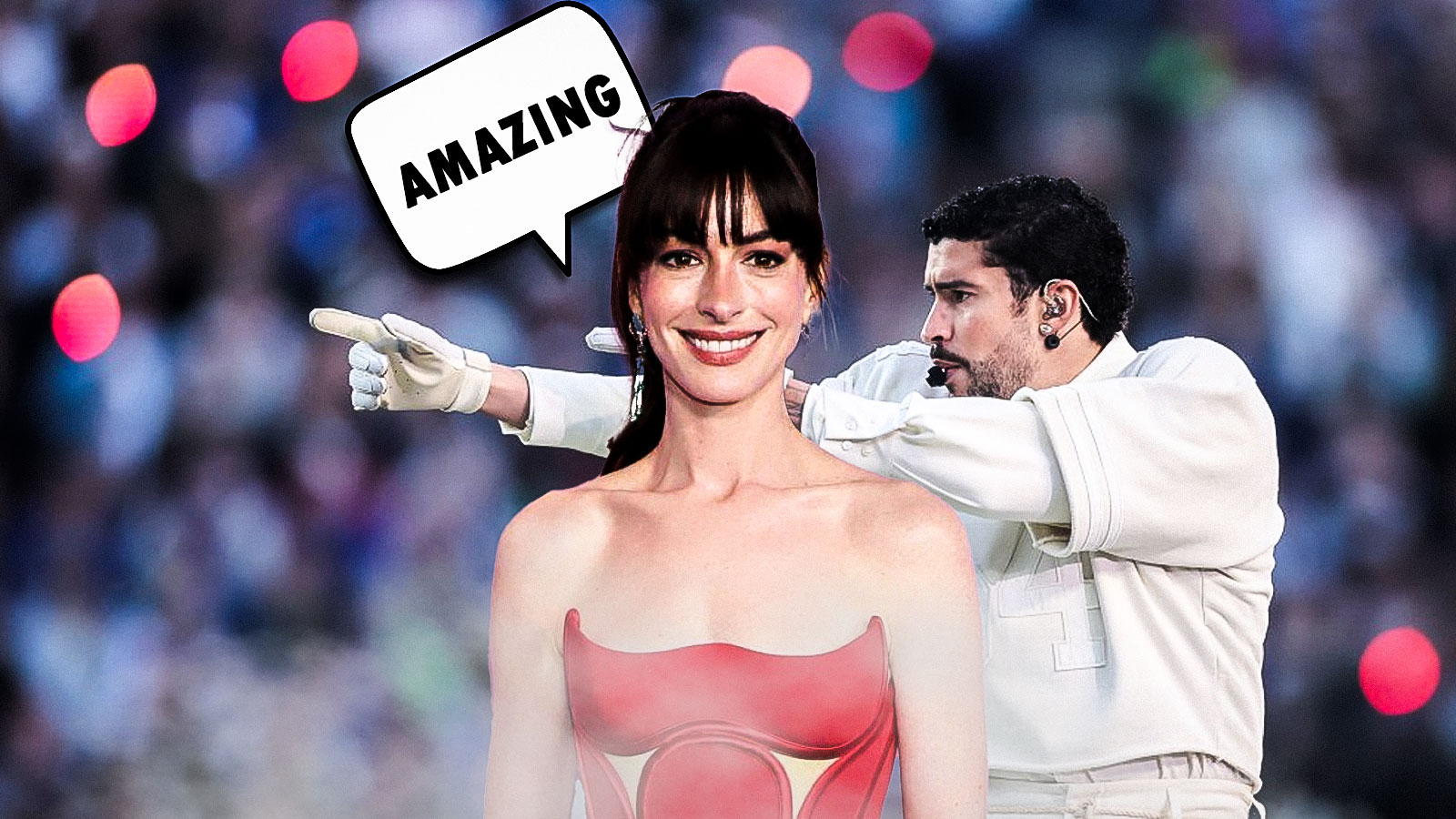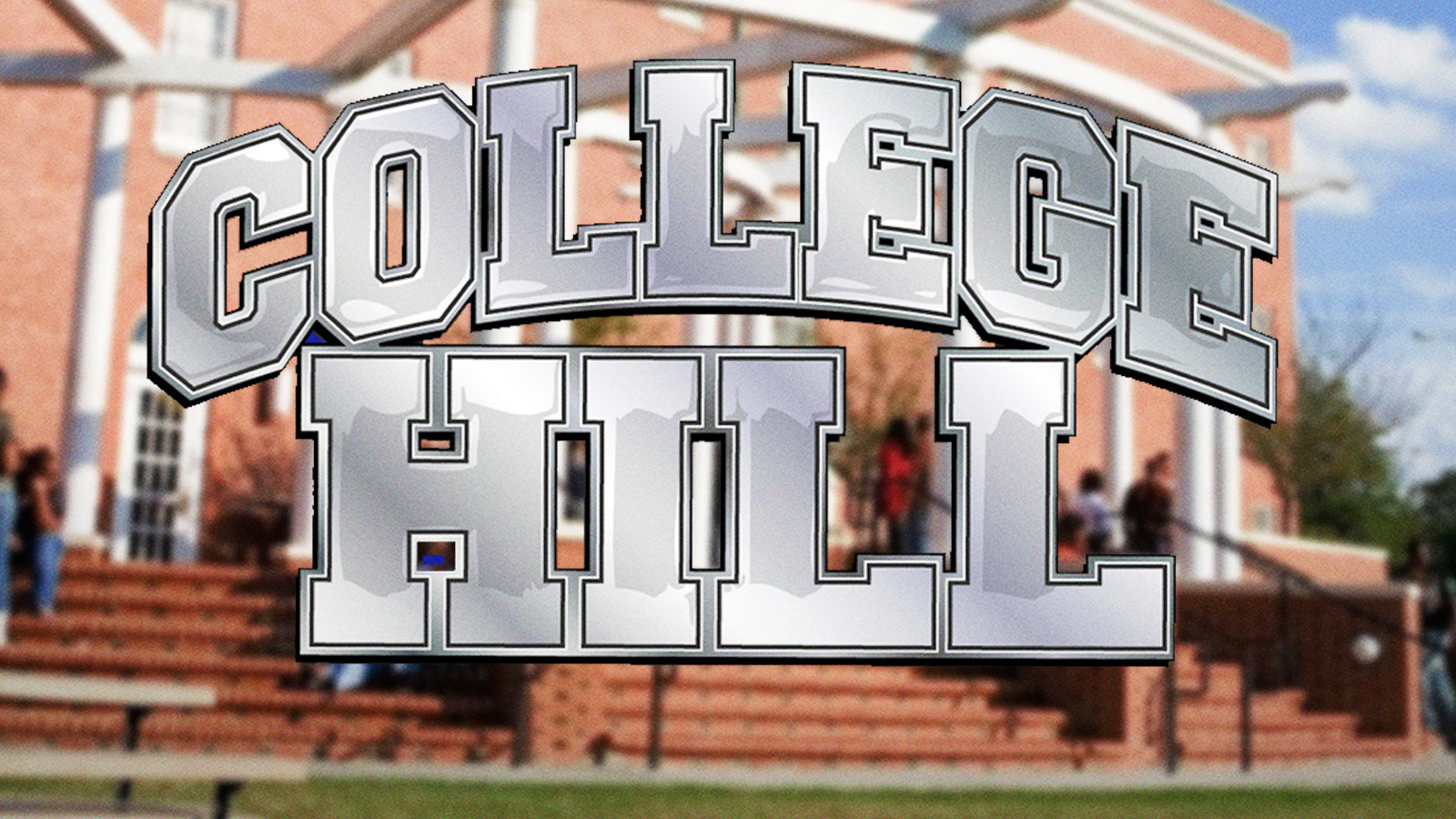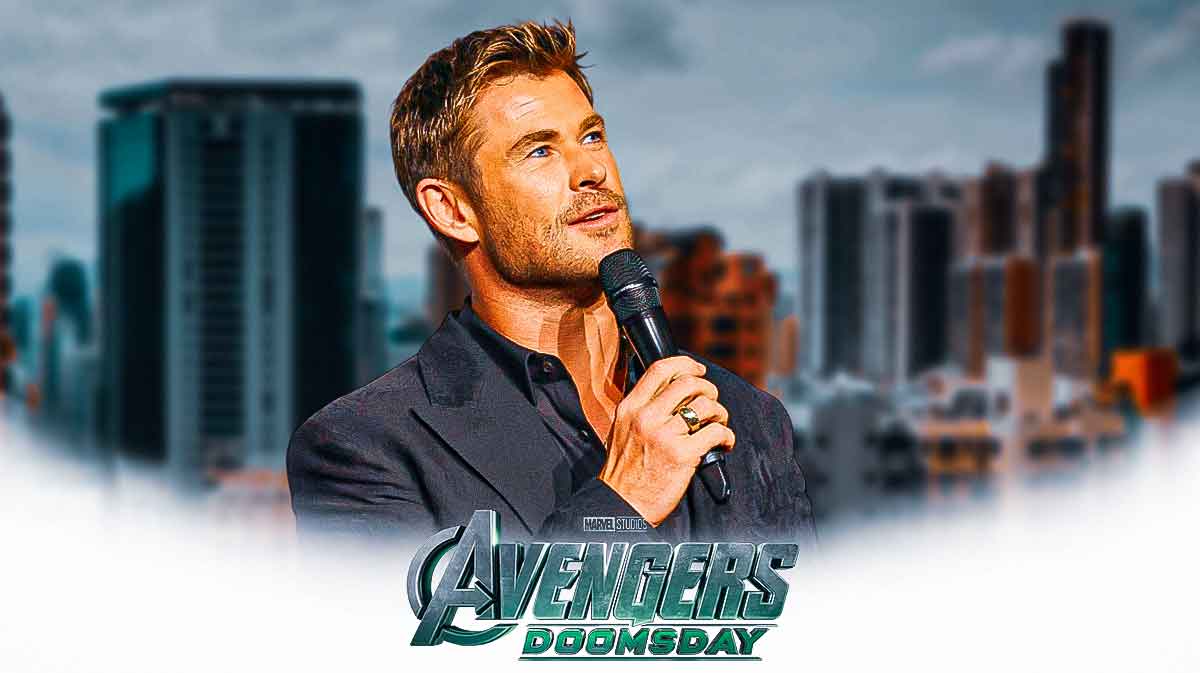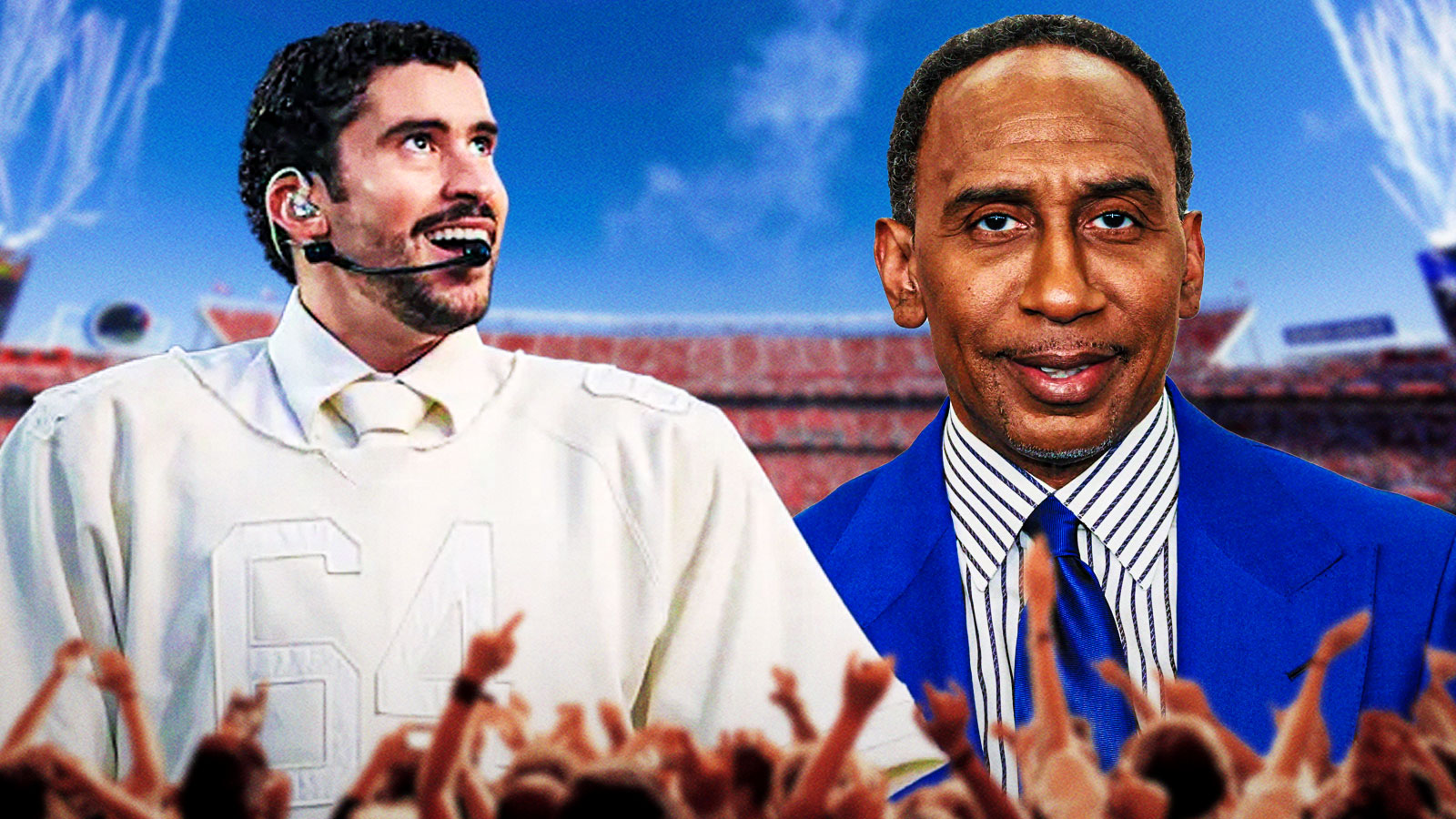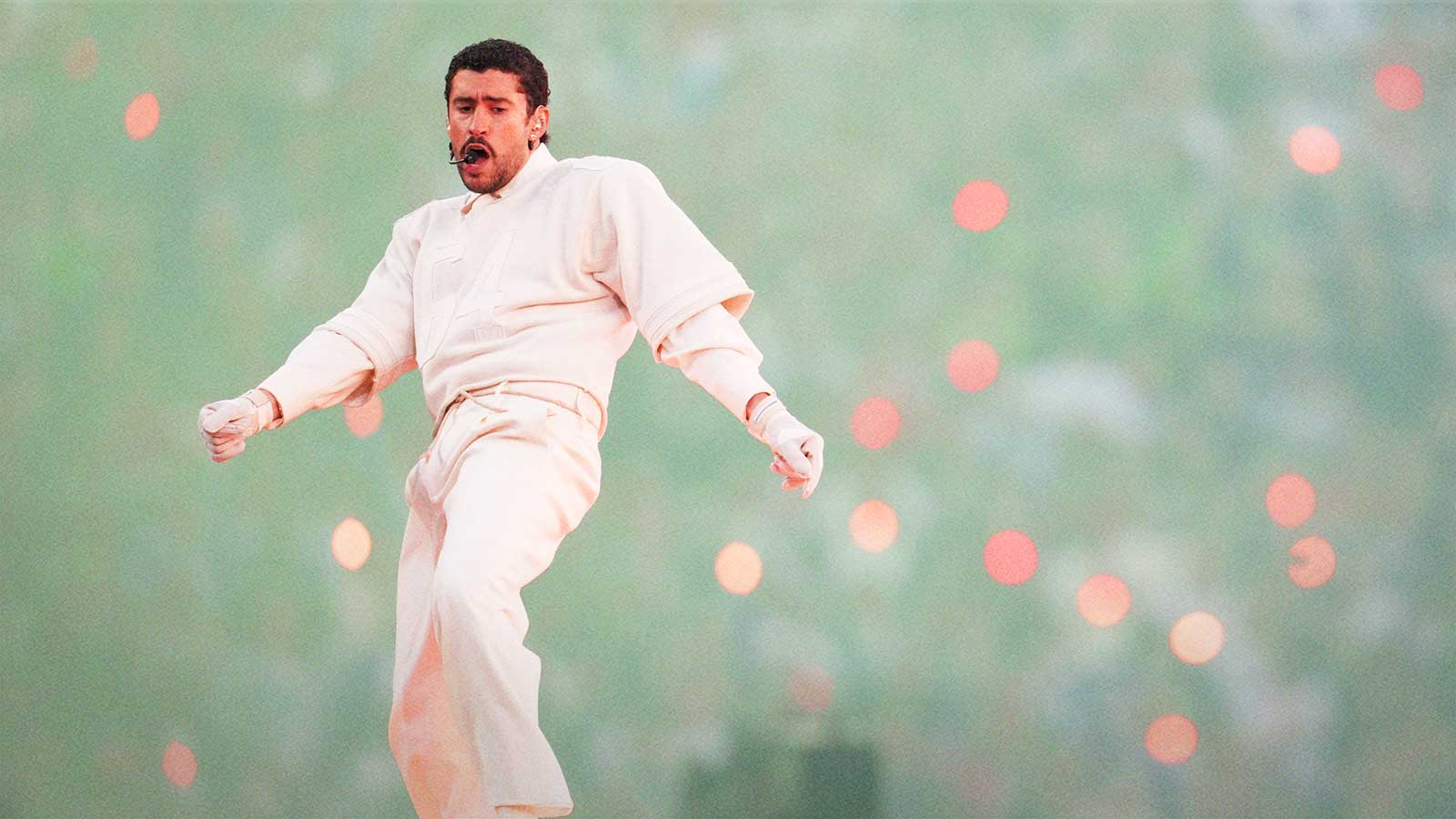Paul Briganti has done it all from SNL to feature filmmaking. He directed Please Don't Destroy's feature film, The Treasure of Foggy Mountain, for Peacock.
And the finished product is a funny film with a lot of heart. The film follows three childhood friends who are reaching adulthood. One is growing up, meeting his wife and buying a house, another is set to inherit his father's business. And then there's the one who doesn't want to grow up.
In an effort to reconnect his crew, John (John Higgins) takes his pals on a journey to find lost treasure. The trio began their work as students at NYU and are still actively working together.
Speaking to ClutchPoints, Briganti broke it all down. He talked about the “tense” SNL environment, as well The Treasure of Foggy Mountain's NSFW bit and why it was the “most important” part of the production.
Paul Briganti, The Treasure of Foggy Mountain interview
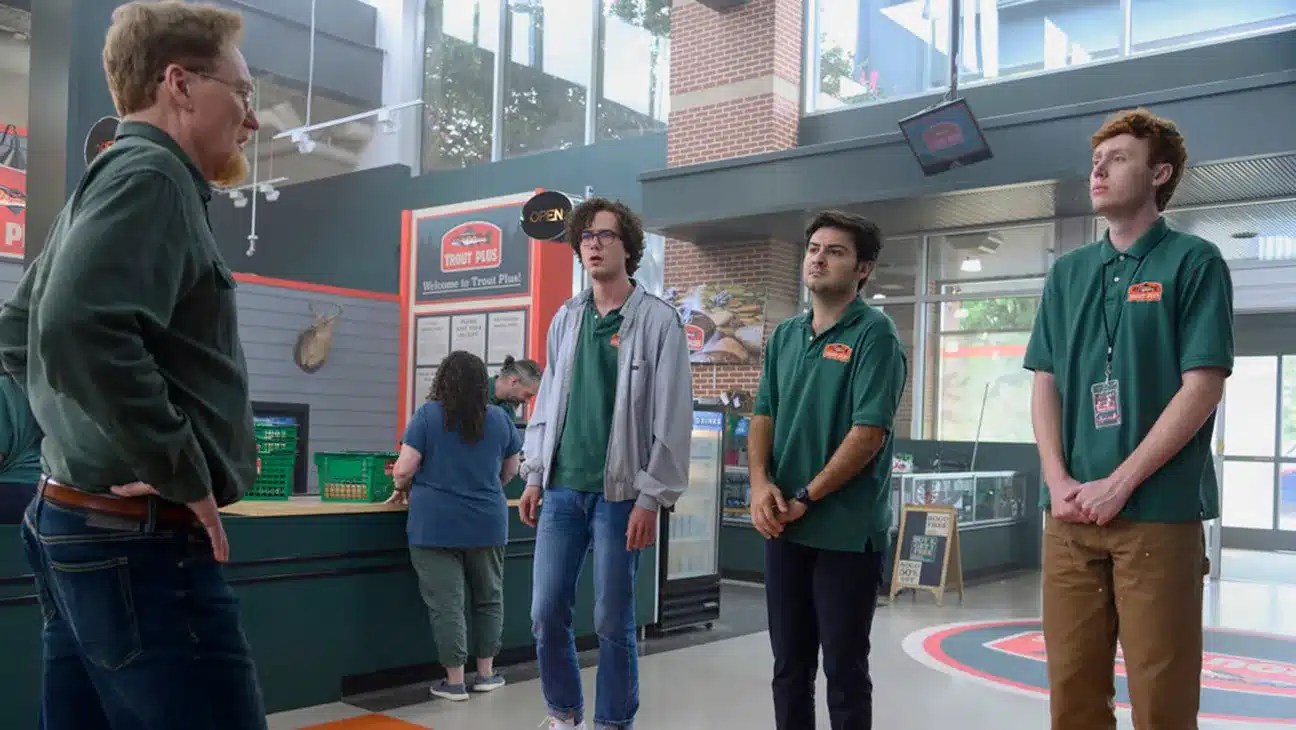
ClutchPoints: I thought all the characters are really relatable. You have friend groups that grow older and I think the most interesting one is Martin, just given that he's kind of moving on in life, he's found a partner and he's trying to buy a house, so did you have a friend in your friend group growing up that was like that?
Paul Briganti: Yeah, I think that was something that we talked a lot about with me and the Please Don't Destroy guys and Judd [Apatow] that like, this is a movie about when you're being in your 20s and having these friends and it's like the first time in your life where marriage and work and money and all that kind of stuff starts to make to creep in to your friendships and you kind of like see values like that or conflict.
So yeah, I had a lot to offer to that because you know, I was in my 20s, I lived in In New York, I lived in Bushwick and Williamsburg and all that stuff with my friends. We all did comedy and all made films and movies and stuff, did like, UCV stuff, and yeah, there would be things where someone's in a relationship and you're kind of getting a little wary of that or jealous or they're getting married.
Like, I remember when I went to my first friend wedding when I was like 24 or something. I remember being like, “Oh, we're all just going to do this now,” like we're all just going to grow up just because we're getting older. It was a stunted way of thinking about it because as I got older, I realized that those things are great if you do them correctly, but I was very against it.
So I really put a lot of that perspective, I guess, into the movie. And those guys are going, kind of going through it now where their life is changing, their friends, like it's all changing, so I thought that was a really interesting kind of emotional plot of land to dig in with this movie while doing crazy weird s**t, too. [smiles]
CP: It sounds like you said there was some resentment there when you first started seeing that change happen — has that changed over the last few years?
PB: Oh, 100%. I have a kid now and I'm like married. I'm so happy. And I think that's sort of the message of the movie. If you look through it, because obviously it's a comedy and it's so fun and silly.
The first and most important thing is that it's funny, but deep down, it's about these changes in your life are good for you and are healthy if it's done correctly and it's not rushed into it.
So that's kind of why [with] Ben's character with his father, he doesn't need that anymore because he kind of realizes it's kind of a toxic need. Martin realizes that his relationship is not going to work unless he they're vulnerable with each other. And then John realizes that you can let people into your life and you can you can open up to people other than your comfort crew, but it just has to be the right person who also is kind of not out to destroy you, which she is kind of learning over time as well.
CP: Another great aspect of the film is that Conan O'Brien's in it, which I didn't know until I was watching.
PB: That's cool [smiles]. That's great. I like that it was a surprise.
CP: Afterward, I read that he had given advice to you and the crew. One thing I saw is that he talked about not cheating on your partner. I was curious if there was anything else that stood out?
PB: It's so funny that he would have to say that to someone, you know? [smiles]
Everyone connected with him in their own way. And I think when we were shooting, my wife and I were pregnant with our daughter, and there was a weekend in between weeks of shooting — and he was so nice to do this for us — [when] he had to take his first born daughter to college for the first time.
So he had to take a plane to the northeast or something, and I was talking to him about that and I was talking to him about being a father and being a dad and advice about that and especially raising a kid in Los Angeles, cause it's such a weird place to raise a kid, and I just want to give her a normal life.
He was talking about all that stuff and about the joys of being a dad and how fast it goes and everything. So that was how I connected with him. And it was really special to talk about that with him [about] all the things you could talk about and it's such a great thing to talk about.
CP: And it seems like he can be quite serious and have a real conversation on top of just being funny, which I'd find so interesting.
PB: Yeah, he's a very soulful person. He's a very deep person and that's why he's so funny — cause he's so earnest and I think that's why Judd's so funny too, cause he has a real vulnerability to himself and he knows what's real and what people are feeling.
His (O'Brien's) style of comedy is so jabby and it's sarcastic, but it's done in this way that's kind of joyous and you don't feel like he's being mean to you. You feel like he's just kind of playing with you and teasing you and he's just one of you and you can kind of make fun of him back.
I think the guys are going to put out some stuff on social [media] about behind the scenes stuff. And there's something where he's like talking to s**t about all the guys and stuff [laughs]. And [it] works so well because you know that he loves them so much and that he's just not serious at all.
CP: It sounds like you had a great set environment. Was that just something that naturally happened, or did you do anything to help create that sort of environment?
PB: You know, it happened. I'd like to take credit for it, but I can't. I think it's because of the guys. The guys kind of have this way about [them].
That whole first sequence in the movie when they're rollerskating and everything like that came from an observation we, I think me and Judd, [made]. They're so capable of spinning gold, like happiness and fun, out of any situation.
When they got hired SNL, you know, SNL can be a pretty intense environment — you're [usually] nervous [because] you just don't know what the rules are [and there's] a little bit of tension there for new people and when they came in — I saw them and a lot of people who had been there for a while, saw them [and they were] making it more fun and kind of sweet.
That game, that thing they do in the tent with Meg [Stalter], when [they] say you have to sing a song earnestly and you can't do it funny, they would do that at rewrite tables and the writer's room, [and in] moments when things started to feel tense or nervous.
They really bring this joy to situations that are either neutral or not fun and they did that with the set. A lot of it came from them and that was something that I think Conan said that like, “They have this like hypnotic joy to them. You just get sucked in by their orbit of positivity and sweetness.”
So they really were spearheading that on set. Not that I wasn't, but I was just so I was just happy they were doing it so I could focus and think about stuff for the movie.
CP: I feel like with a lot of projects from SNL talents, you see other fellow alums pop in that also worked on it. Can you talk to me a little bit about the sense of community that that show kind of creates? Because it seems like almost like a brother type of thing or sisterhood where you see people popping up in projects.
PB: It totally is. It really feels like [we're] war buddies or something. Not because of anything deliberate, not that anyone's making it that way, it just is an environment that is so high stakes — everything is so fast.
They give you a long leash, but then there [are] these checkpoints, you know, a dress rehearsal, live show, whatever, where you have to kind of sell your wares and show your stuff. You just pray that it works and that the audience likes it and that people like it because it really is just a real gauntlet kind of environment where you're putting yourself out there so quickly.
Like, you're rushing to edit this thing or writers [are] rushing to write a script on Tuesday night and then within a couple hours, it's being read and by the most famous person in the world [laughs], and out loud for people to hear and react to [chuckles], so it creates this trauma bond with people.
Anytime I meet anyone who was at SNL, is at SNL, there [are] so many things to talk about because it's such a crazy place and it's such a high stakes environment that you just feel a really strong emotional connection to someone. And it is a thing where you really do miss it.
When I see the Christmas show and stuff, I miss it there. I went back to do a video with the guys a couple of weeks ago and it feels like home, truly.
CP: I know you've directed stuff for SNL as well, and for the most part, most of those sketches are done in the studio — some stuff isn't— but it's a smaller space, right? How does that compare to doing feature film when there's a lot more possibilities compared to when you're confined to a studio?
PB: I mean, they're both really crazy in their own way, and they're both really fun in their own way.
SNL is like a lightning bolt of activity, and everyone moves really fast, and the infrastructure is built for that, and then it's over whether you did something great, or you did something that got cut. And when you're shooting a scene [for a movie], if you're not getting the best version of that scene, four months later, you're going to have this scene that kills your movie and you're going to not know what to do.
So there's a different type of stress and excitement to it, to where when you're on set of a movie, you're like, Am I getting every single version of this that needs to work? Am I getting every single option? Is this moment hitting? Is this like a sweet moment? Do we need to subvert it with comedy?
But at SNL, you're just like, Oh my God, this is going to air tomorrow and I'm filming it right now and we have to edit it all night.
So it's a very different type of tight rope and it's a different type of muscle. Whereas [with] a movie, you kind of have to think of the whole thing and put it all together and where the story is and where the comedy is. But at SNL, it's more short term, but it's the same amount of stress.
CP: Do you have a SNL sketch that you've done that you're most proud of?
PB: I was really love this thing I did with Donald Glover called “Friendos.” It was a rap video thing that was about these Migos-type rappers who go to therapy. That was really fun and I had a lot of fun making that.
I also did the “Grouch Joker” parody with David Harbour that people really seem to like.
Those are probably my top two. And also, honestly, the thing with the guys, the Taylor Swift “Three Sad Virgins” video, that was like one of the most fun weeks at SNL.
CP: A bit in the film involves somebody's genitals. It's a very funny gag, but I am curious, with humor like that, it can very tricky to toe the line between being lazy with gross out humor versus something that is actually funny. I know you didn't write the film, but you still had a hand in the execution of the script, so do you remember the conversations about this bit and how you went about executing it?
PB: I think it works for a few reasons, but I totally agree with you. You have to be very careful when you're doing something like that, because it can just kill the movie if it doesn't work.
And one of the [reasons] is because it's such a victorious, sweet, fun moment for the guys, and you've come to love them and know them. The other is because the look of it is not grotesque.
This is actually a big one, because it's like flying around and that was something [that] on set, I kept saying to the prop people. I was like, I was like, “You need to blow it around to an absurd degree because if it's just kind of sitting there, it will be really not [funny].”
You don't want to see that [laughs] — it will kill the entire vibe. And so that was a big thing. I was like, “The more it's moving, the funnier it'll be. The more sound of it that you hear flapping, [the funnier it will be.”
You just have to make it silly and then it doesn't feel obscene or gratuitous or anything like that.
Weirdly, I'm very proud that it works because it's something that could go either way. But it took a lot of fine-tuning [and] a lot of thought for something so silly.
CP: Was there ever another version of that in discussion that differed from the final product?
PB: No. It was all that gag — it was the penis thing, but there were so many different sizes, so many different materials.
We really like probably spent, honestly, the most time going back and forth between that and then the look of the treasure thing, which is funny.
The penis and the treasure are the most important things. [laughs]
Please Don't Destroy: The Treasure of Foggy Mountain is streaming on Peacock now.

